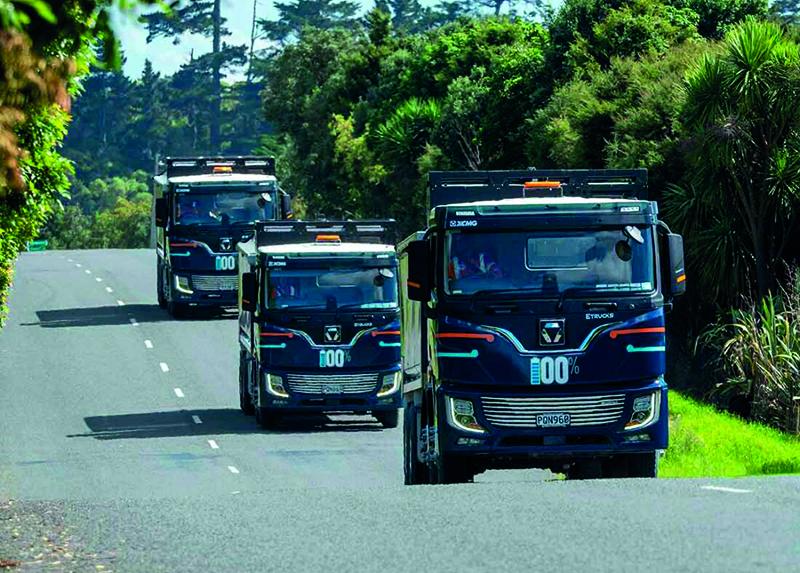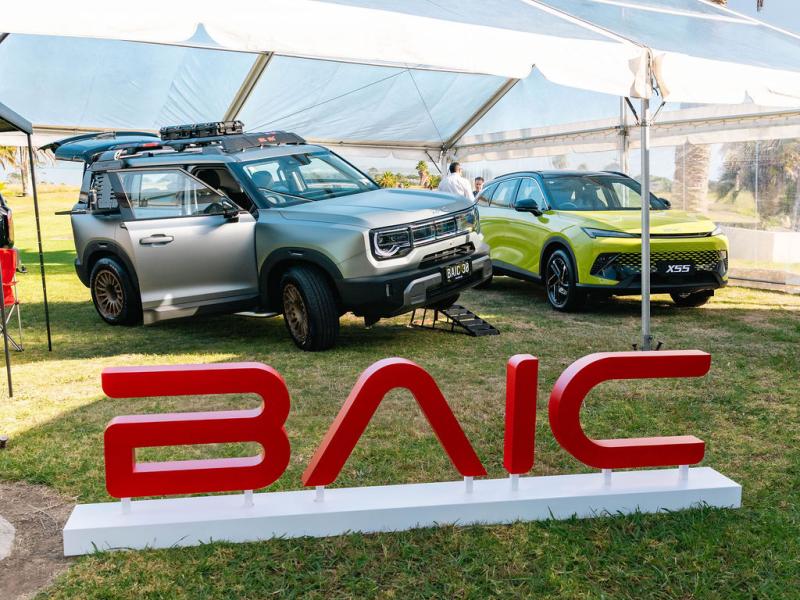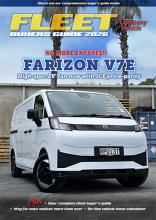The New Zealand government has applications available for the Low Emissions Heavy Vehicle Fund (LEHVF), a significant initiative aimed at boosting the presence of zero and low-emissions heavy vehicles on the country’s roads. This fund reflects a concerted effort to reduce road transport emissions, which, despite heavy vehicles comprising less than 5 percent of the national fleet, contribute approximately 25 percent of total emissions from road transport.
The LEHVF aims to bridge the financial gap that currently hampers the adoption of clean technology vehicles in the heavy sector. It offers co-funding of up to 25 percent of the purchase price for new zero-emissions vehicles or conversion costs for existing internal combustion engine (ICE) vehicles transitioning to low or zero-emissions technologies.
The primary objectives of the LEHVF are to stimulate the supply of low and zero-emissions heavy vehicles and to create a market demand that manufacturers can respond to. The fund is accessible to all New Zealand-based and registered legal entities, including state-owned enterprises and local councils. However, public service departments, non-public service departments like the New Zealand Defence Force, and statutory Crown entities are not eligible for funding.
Eligible vehicles must have a gross vehicle mass (GVM) of 5.9 tonnes or more, and grants can only be applied to the cab chassis cost, excluding bodywork. Existing ICE vehicles must have been registered in New Zealand between August 1, 2022, and August 1, 2024, to qualify for conversion funding.
This new initiative addresses the daunting upfront costs and uncertainties surrounding the total ownership costs of adopting zero and low-emission heavy vehicles. With grants capped at $4 million for vehicle importers and suppliers and $1 million for vehicle operators in the fund’s first year, the government seeks to make significant inroads into the heavy vehicles sector.
“By investing in this fund, we aim to make clean heavy transport solutions more accessible and encourage operators to make the switch,” said a spokesperson for the government.
Eligible applicants can receive funding across various categories, depending on the vehicle technology: Up to 25 percent of the retail purchase price of new zero-emission vehicles (battery electric, hydrogen fuel-cell electric). Up to 25 percent of the conversion costs of existing ICE vehicles to become zero-emission. Up to 25 percent for conversions to run on low-emissions technologies, such as hydrogen-diesel dual fuel or plug-in diesel-electric hybrids.
Grants for new low-emission vehicles, including plug-in diesel-electric hybrids.
Potential applicants must select a vehicle or conversion service from an official approved list, which has been published on the Energy Efficiency and Conservation Authority (EECA) website. Vehicle operators wishing to access the fund must directly contact suppliers or converters from this list.
Those interested in purchasing or converting heavy vehicles under the LEHVF framework are encouraged to contact approved suppliers or converters for more information about grant eligibility and the application process. The initiative is expected to significantly contribute to New Zealand’s efforts to reduce greenhouse gas emissions and foster sustainable transport practices.
For more details on eligibility and the application process, visit the EECA website or contact approved suppliers directly.






